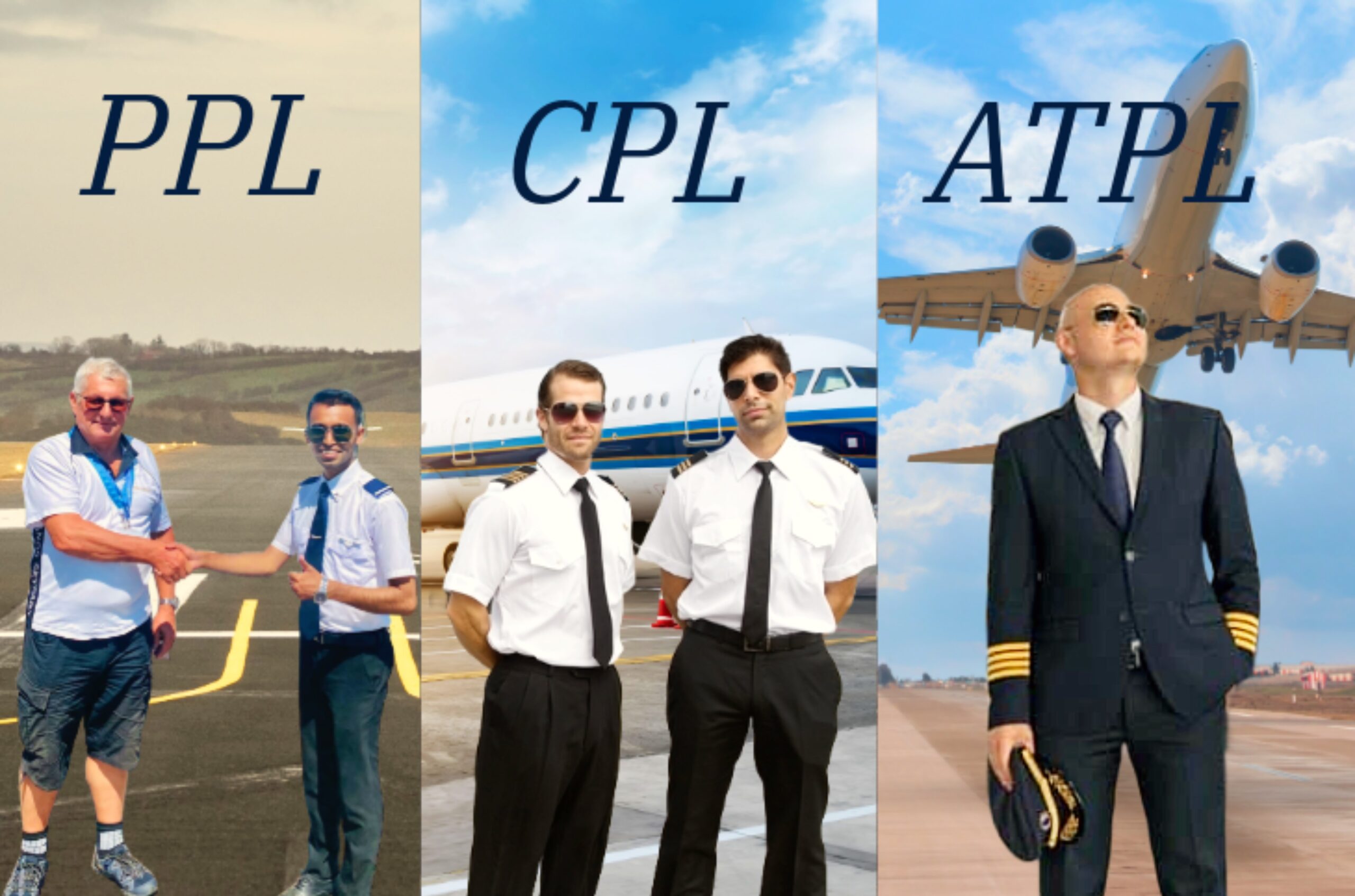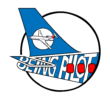
Age Requirements for Becoming a Pilot: A Detailed Overview
As a student determined to become a pilot after graduation, I’ve done a lot of research, read aviation-related books, and spoken to professionals about the key factors that shape a pilot’s career. One interesting question I kept asking myself was: What role does age play in the journey to becoming a pilot? From my research, I found that understanding the age requirements at various stages is essential, whether you’re just starting out or aiming for the pinnacle of the aviation industry. So, let’s break down these age-related milestones and how they impact your aviation career.
Starting: The Private Pilot License (PPL)
One of the first questions I had was: How young can you start training to become a pilot? Well, if you’re eager to begin flying, you can start training for a Private Pilot License (PPL) at 16. But here’s the catch—you need to be at least 17 to actually earn your PPL. The PPL allows you to fly recreationally or for personal purposes, and it’s a foundational step in aviation. I’ve found that this license is the launching pad for many pilots, serving as the base where you first hone your flying skills.
Based on what I’ve learned from speaking with experienced pilots, earning a PPL is an exhilarating milestone. It’s not just about getting a license; it’s the point where your passion for flying really begins to take off. Most pilots I’ve spoken to remember this stage as a thrilling first step into the world of aviation.
Stepping Up: The Commercial Pilot License (CPL)
The next big question for aspiring professionals is: When can you start earning money as a pilot? For those of us considering flying as a career, obtaining a Commercial Pilot License (CPL) is the next significant goal. The minimum age for a CPL is 18, but there’s more to it than just hitting that birthday. You need to accumulate sufficient flight hours, pass rigorous medical exams, and clear several knowledge tests.
From what I’ve gathered through my research and conversations with industry professionals, earning your CPL represents a huge leap forward. This is where you transition from flying for fun to flying for pay. Not only does it allow you to start working as a professional pilot, but it also opens doors to more specialized fields, like charter flights or working as a flight instructor.
Reaching the Top: The Airline Transport Pilot License (ATPL)
For many, the ultimate goal is to become an airline captain, and that requires an Airline Transport Pilot License (ATPL). But what does it take to get there, and how old do you have to be? Under FAA regulations, the minimum age for an ATPL is 23, and under EASA regulations, it’s 21. However, earning an ATPL isn’t just about age; it requires a minimum of 1,500 flight hours and passing extensive, difficult exams.
After speaking to various airline professionals, I’ve learned that achieving the ATPL is seen as the pinnacle of a pilot’s career. It qualifies you to command commercial aircraft and opens the door to leadership roles in aviation. Most pilots describe this as one of the toughest yet most rewarding phases of their careers.
Age Limits and Medical Fitness
Another important question to ask is: Are there age limits to flying commercially, and how does medical fitness factor in? It’s worth noting that there are age restrictions for beginning flight training, as well as age caps for commercial airline pilots. According to current international regulations, pilots must retire from commercial airline operations by the age of 65.
However, this doesn’t mean your flying career is over at 65. Many pilots continue to fly privately or in other non-commercial roles as long as they meet the necessary medical requirements. As pilots age, the frequency of medical exams increases to ensure they can continue flying safely. I’ve found that maintaining medical fitness is key throughout a pilot’s career, and staying healthy is a priority for those who want to extend their time in the cockpit.
Based on my research and insights from seasoned pilots, I’ve come to realize that age plays a significant role in the journey to becoming a pilot, but it’s far from a limiting factor. Whether you start working toward your PPL at 17 or aim to command an aircraft in your 20s with an ATPL, these milestones serve as crucial markers on your path to success in aviation.
One of the most inspiring things I’ve discovered is that age isn’t a barrier in this profession. In fact, you can start your flying career at any point in life, as long as you’re passionate and meet the requirements. As for me, I’m preparing to begin this exciting journey after graduation, and I believe that with the right mindset and dedication, you can too. The sky really is the limit!
